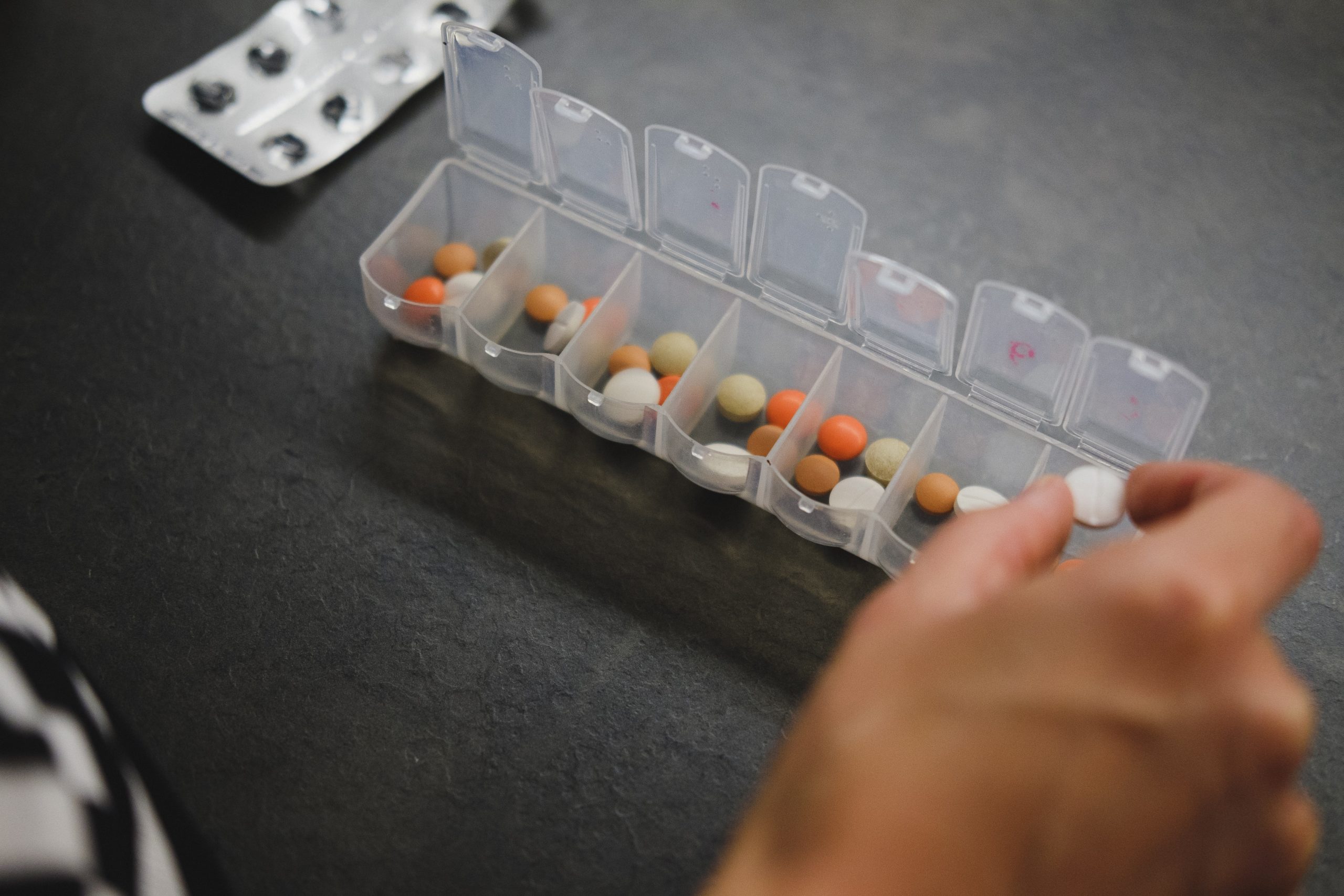
7 Tips for Seniors to Avoid Unwanted Side Effects from Medication
The number of drugs that may be recommended to you considerably rises as you become older. Unwanted side effects from many medicines might include tiredness, nausea, constipation, and vertigo. it’s all about Seniors Medication side effects and how to endure it.
Knowing how to administer your medication to prevent problems properly is crucial. Observe the following recommendations when using medication:
Contents
- 1 Read the Label
- 2 Talk to Your Doctor
- 3 Ask Questions About Alternatives
- 4 Keep Track of Medication Schedule
- 5 Stay Organized With Pill Box and Other Labeling Tools
- 6 Read Up on Potential Interactions With Recreational Drugs and Alcohol
- 7 Notify Doctors When You’re Taking Supplements or Herbal Remedies
- 8 Final Words
Read the Label
Always read the label of any drug you are taking before using it. See details about the medication’s dose, adverse effects, and usage instructions. Don’t hesitate to approach your doctor if something is unclear or if you have questions about your medication.
Some label instructions may be challenging to recall or comprehend. Include a complete list of all the drugs you take and a description. This way, it will be easier to remember which tablet is for which dosage and why you are taking each one.
You’re also giving your doctor a record they can simply access should they need to know what meds you’re taking by doing this.
Talk to Your Doctor
Talking with your doctor about potential medical concerns is as important as reading the label. If you take many medications, they can assist in identifying any possible drug interactions or negative effects. It’s also wise to inform your doctor about health problems after taking new medications.
For example, if you’re being prescribed Vyvanse for ADHD, it is important to be aware of potential drug interactions of Vyvanse. This includes any medications you might be taking for diabetes, high blood pressure, or allergies since these may affect how well Vyvanse works.
Again, if you have concerns about taking multiple medications at once or any potential adverse effects, always see your doctor.

Ask Questions About Alternatives
It is usually a good idea to inquire about potential other therapies with your doctor. A doctor may occasionally advise making lifestyle modifications to lessen the need for medications. For instance, instead of taking medicine every day to treat your diabetes, you may change your diet and up your exercise regimen to manage it naturally.
As an alternative, your physician might be able to suggest medications with fewer adverse effects. Ask about alternatives and what the benefits and drawbacks of taking them could be without being hesitant to ask.
Your health is very important. Therefore, you should constantly be aware of the hazards associated with your medicines.
Keep Track of Medication Schedule
It can’t help sometimes to forget to take your medication or lose track of time. However, forgetting medication can have serious consequences, so staying on your meds schedule is essential.
You can create a reminder system that works best for you, whether a calendar alarm or a pillbox with days and times labeled. Or even better, use a medication tracker app to remind you when to take your medications. This way, you won’t have to worry about forgetting or losing track of time and risk the possibility of experiencing any side effects from missing doses.
Stay Organized With Pill Box and Other Labeling Tools
In addition to setting reminders, keeping your medications organized in a pill box is critical.
You may choose which drugs to take and when in this way. Additionally, labelling devices can guarantee that the individual taking the drug is fully aware of what they are taking and why.
It might be quite helpful to label each medication with an expiration date or other useful information. Additionally, it can help you keep track of your prescriptions in case you need to get a refill or switch to a different drug.
It’s important to remember that being informed and vigilant when taking medication is key.
Read more: The 10 Best Pill Organizers [update 2023]

Read Up on Potential Interactions With Recreational Drugs and Alcohol
When a medicine mixes with alcohol or recreational substances, undesirable side effects frequently result. It’s essential to educate yourself on the possible interactions if you use recreational drugs or consume alcohol while taking particular prescriptions.
For instance, combining alcohol with anti-anxiety medicine might intensify the effects of the drug. As a result, avoiding combining drugs and substances as much as possible is recommended, and you should always see your doctor if you have any questions.
Notify Doctors When You’re Taking Supplements or Herbal Remedies
Always let your doctor know if you use vitamins or herbal medicines. Even natural products have the potential to have unanticipated interactions with other pharmaceuticals and result in negative side effects.
You can believe something is safe because it is natural, but this isn’t always true. So that they can monitor the effects and interactions, let your doctor know if you’re taking any kind of supplement or herbal cure in addition to your prescriptions.
Final Words
Managing your medication correctly is critical to having a successful treatment plan. Therefore, it’s essential to stay organized and proactive when taking medications. You can prevent unwanted side effects with the right tips. So be more mindful of when you need to take medications.
Thanks for the most helpful article. Drug interactions and side effects are the worst things for people who take certain drugs daily.
I agree. I had to be taken to the ER for the same thing a couple of years ago, and it is still a nightmare.
the last point was really worth mentioning, a lot of people do not count herbal remedies when talking to a doctor.
Exactly.